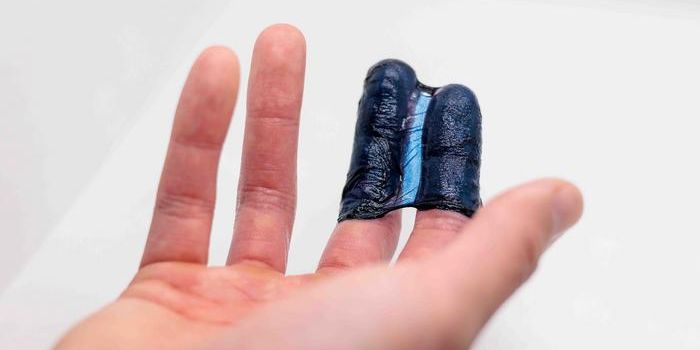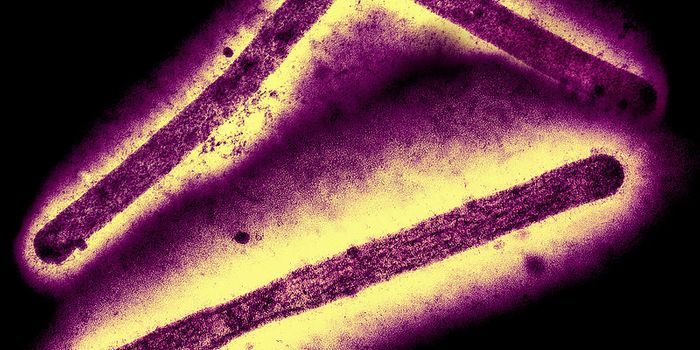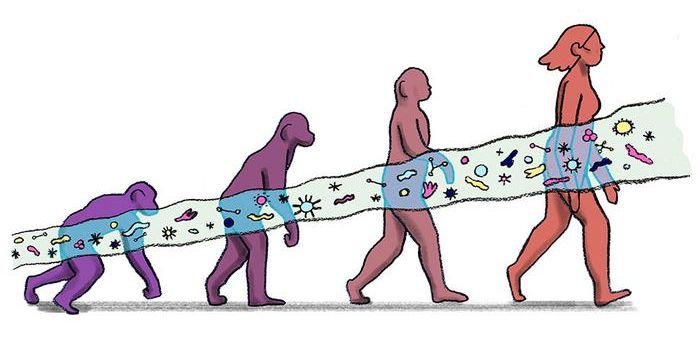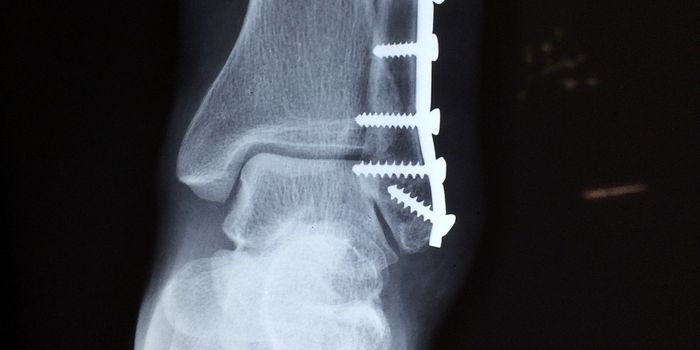Understanding Why Certain Diets Improve Health at the Cellular Level
Certain diets are linked to better health outcomes, such as the Mediterranean diet, which is rich in healthy fats that are found in foods like nuts and olive oil. People who eat a Mediterranean diet tend to be healthier than people who eat foods that are highly processed or rich in unhealthy fats and sugars. Now researchers have learned more about how healthier foods impact the body at the cellular level. The findings have been reported in Nature Cell Biology.
This study used a common research model, nematode worms called Caenorhabditis elegans, which have many genes and basic physiological processes in common with humans. The work revealed that oleic acid, a fat found in the Mediterranean diet at high levels, protects cells from a harmful but natural process called oxidation, and increases the number of lipid droplets and peroxisomes in cells.
C. elegans worms that consumed a diet high in oleic acids had a 35 percent longer lifespan compared to worms that ate standard chow. The fat or lipid droplets were a reliable indicator of how long the worms would live. "The number of lipid droplets in individual worms tells me that animal's remaining lifespan," said lead study author Katharina Papsdorf, Ph.D. "The worms with greater numbers of lipid droplets live longer than those with fewer droplets."
Although we usually think of fats as bad for health, some research has suggested that certain types of fats can have a beneficial impact. This study has shown that lipid droplets may present a way to extend human health or longevity, said senior study author Anne Brunet, Ph.D. Good fats include most monounsaturated fats that are found in avocados, olive oil, nuts, or other plant-based foods. Bad fats include saturated fats and trans fats, which can raise the risk of cardiovascular problems.
In this work, worms that were exposed to oleic acid lived longer, and carried more lipid droplets and more structures called peroxisomes in their intestinal cells compared to worms fed a saturated fat called elaidic acid. Lipid droplets hold fat molecules in cells, and are crucial to cellular metabolism. Peroxisomes contain enzymes that are related to in metabolism and oxidation.
Younger animals tend to have higher levels of lipid droplets and peroxisomes, which decrease as they get older. When worms had more lipid droplets, they tended to live longer than animals that were otherwise identical but had fewer droplets. This effect became more pronounced as animals got older.
Oleic acid supplementation was also found to reduce lipid oxidation, a process that can damage cellular membranes. The saturated fat elaidic acid was found to increase lipid oxidation.
"Membrane oxidation is very bad news for an organism," Brunet said. "Cell membranes can begin to leak and fail, which can cause a cascade of adverse biological effects."
The study authors noted that it may be possible to alleviate some aging processes by reducing oxidation and membrane damage, but more work will be needed to confirm that hypothesis.
"There is still a lot of research to be done to learn whether and how these findings apply to humans," Brunet said. "Often when one sees lipid droplets in mammalian tissue it is an indication of obesity and other health problems. But it's possible that droplets of a certain size, or shape, or in a specific tissue have varying health impacts. We need to understand what distinguishes them in the context of disease and longevity."
Sources: Stanford University, Nature Cell Biology









